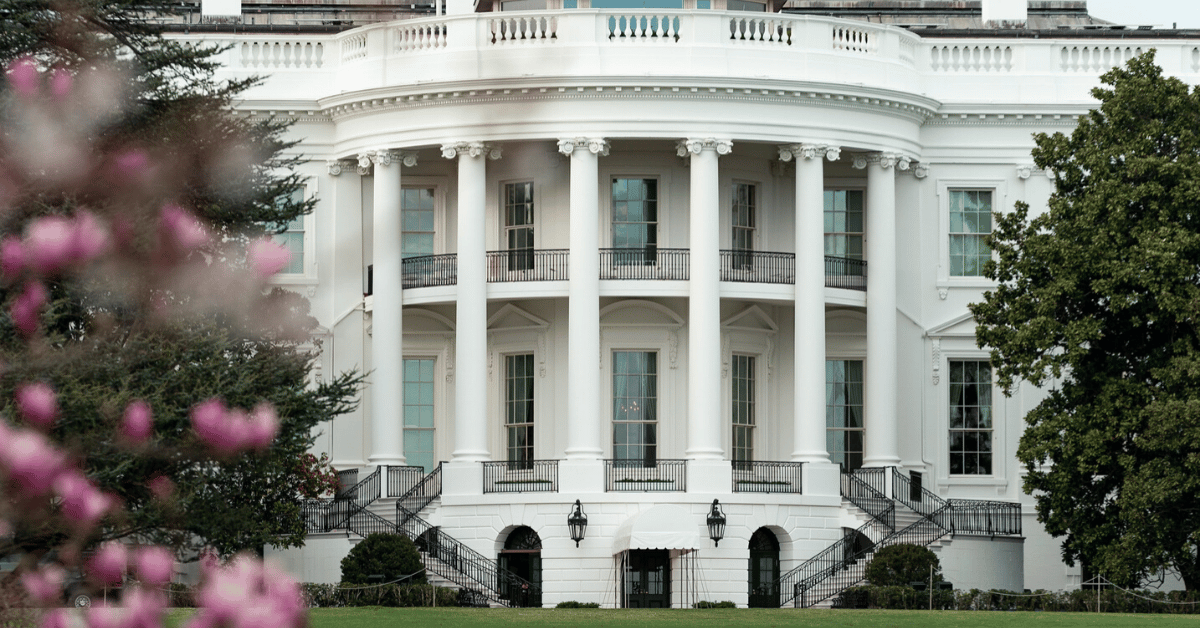


A Wisconsin mother daring to question her school district’s progressive priorities, only to find herself slapped with a defamation lawsuit for speaking her mind, the New York Post reported.
Scarlett Johnson, a conservative activist and leader in Moms for Liberty’s Wisconsin chapter, faced just that when she criticized the Mequon-Thiensville School District (MTSD) on social media. Her victory in the Wisconsin Court of Appeals is a win for parents who refuse to be silenced.
This case boils down to Johnson’s fight to express her views without fear of legal retaliation after she called out the district’s focus on diversity, equity, and inclusion (DEI) initiatives in October 2022.
It all started when Johnson, frustrated with what she saw as misplaced priorities, took to social media to vent about MTSD’s hiring of a “Social Justice Coordinator,” a role held by former English teacher Mary MacCudden. She posted a screenshot of MacCudden’s LinkedIn profile, questioning the need for such a position in a public school system.
Johnson didn’t hold back, describing DEI specialists as overzealous ideologues who push parents into submission. Her sharp words, while opinionated, struck a nerve with MacCudden, who filed a defamation lawsuit against her later that year. Talk about trying to shut down debate with a gavel instead of dialogue.
The initial circuit court ruling allowed parts of the case to move forward, suggesting Johnson’s comments might cross a legal line. But Johnson, backed by the Wisconsin Institute for Law and Liberty (WILL), wasn’t about to back down and appealed the decision. Good for her—sometimes standing firm is the only way to protect free speech.
On appeal, the Wisconsin Court of Appeals delivered a clear message: Johnson’s statements were opinions, not provable facts, and therefore not defamatory. The court pointed out that terms like “woke” and “bully” are too subjective to be legally actionable, ordering the lower court to grant summary judgment in Johnson’s favor. This ruling cuts through the fog of legal intimidation with refreshing clarity.
Not everyone on the bench agreed, though, with one dissenting judge arguing that naming MacCudden directly could imply undisclosed facts worth a jury’s review. Still, the majority saw through the haze, recognizing that heated rhetoric on social media doesn’t equate to slander.
Johnson herself reflected on the ordeal with a mix of relief and resolve. “I felt I had to fight back in this case. It couldn’t be like the other,” she said, referencing a prior attempt to intimidate her with a similar claim before a school board election (Scarlett Johnson).
“I had to stand up because this would never stop. They’d keep going after parents like me,” Johnson added (Scarlett Johnson). Her words resonate with countless parents who feel muzzled by the threat of lawsuits when they dare question school policies. If this isn’t a call to protect open dialogue, what is?
The legal team at WILL was equally firm in defending Johnson’s rights. Deputy Counsel Luke Berg noted that the lawsuit was baseless from the start and should have been dismissed early on. Their argument that Johnson’s posts were typical social media commentary, protected under the First Amendment, hit the mark with the appeals court.
This victory isn’t just about one mom in Wisconsin; it’s a beacon for parents everywhere who worry that speaking out against progressive agendas in schools could land them in court. The court’s decision sets a precedent that opinions, even pointed ones, aren’t grounds for legal harassment. That’s a breath of fresh air in an era where dissent often comes with a price tag.
Attempts to reach MacCudden’s attorney, James McAlister, for comment went unanswered, as reported by Fox News Digital. While her side of the story remains unheard in this context, the court’s ruling speaks volumes about the limits of using defamation claims to silence critics.
Let’s be honest: schools should welcome tough questions from parents, not sic lawyers on them for asking. Johnson’s case exposes a troubling trend where legal action becomes a weapon to dodge accountability. If a district can’t handle a little online heat, maybe it’s time to rethink its priorities.
At the end of the day, this ruling reaffirms that parents like Johnson have every right to challenge what they see as misguided policies without fearing a courtroom showdown. It’s not about stifling educators but ensuring that public institutions remain answerable to the public. That’s a principle worth defending, no matter where you stand on the ideological spectrum.
So, here’s to Scarlett Johnson for standing her ground and to the Wisconsin Court of Appeals for recognizing that free speech isn’t just a buzzword—it’s a right. Cases like this remind us that questioning authority, even with a sharp tongue, is part of what keeps our system honest. And if that’s “woke” to some, well, perhaps they’ve got the wrong dictionary.



